Russia's plan to evade US-backed Western sanctions revealed
State-owned media outlet RT lists measures Moscow is taking to mitigate the effects of sanctions
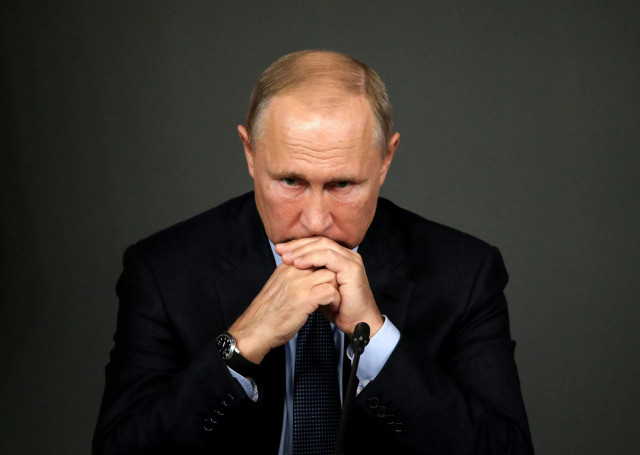
Russia’s attack on Ukraine has resulted in unprecedented Western sanctions in order to destabilise the country’s economy and pressure Moscow into ending the conflict.
Thousands have been killed in intense fighting and bombardments since Russian President Vladimir Putin ordered the attack on its neighbouring country on February 24.
Russia calls its actions a "special military operation" to "denazify" the country and prevent genocide, a claim the United States and its allies reject as a pretext for an unjustified and illegal attack.
Among the many penalties imposed on the country over the past month, its financial system, energy exports, and forex reserves have been targeted.
However, the Russian state-owned media outlet RT has published a report in which it listed the measures Moscow is taking to mitigate the effects of the sanctions.
National payment system takes over for SWIFT
According to RT, major Russian banks have been cut off from the SWIFT global financial messaging system, effectively denying them access to international markets. However, Russia can now accept electronic transfers via Mir, the Russian alternative payment system, and work with foreign banks and businesses, bypassing Western restrictions.
Read more: Google blocks RT, other Russian channels from earning ad dollars
"Mir also provides an alternative to Visa and MasterCard, which have stopped providing international transaction services to Russian clients," the report stated.
Domestic currency trade
It said that sanctions also targeted Russia’s holdings in Euros and US dollars to deny the country the ability to trade internationally. However, according to the report, Moscow is setting up trade mechanisms to enable national currency payments with foreign trade partners.
"Russia and China have had ruble-yuan payment mechanisms for a while, and earlier this month, Turkey expressed its willingness to trade in rubles. Also, a ruble-rupee trading scheme has been announced for Russian oil exports to India. India, which until now bought only 3% of its oil imports from Russia, has been eager to boost purchases, as has Serbia. It is a sign that Russia has alternatives for exports if the West continues to isolate the country."
Dumping USD
In order to support the ruble, which has suffered a sharp decline against major currencies this month, RT said that Russian businesses that trade abroad have been ordered to sell 80 per cent of their foreign currency earnings and convert them to rubles.
Also read: UK says very disappointed with India's stance on Ukraine
"It is expected to stabilise the national currency and encourage more investments in Russia instead of moving them abroad," the report stated.
Grain export ban
The report said that Russia has temporarily banned grain exports to the countries of the Eurasian Economic Union (EAEU) this week. "Restrictions cover shipments to post-Soviet states that share a free customs zone with Russia. They include Armenia, Belarus, Kazakhstan and Kyrgyzstan. The measure aims to keep the domestic food market well stocked and prices from soaring."
Interest rate hike
According to RT, with nearly half of the country’s forex reserves frozen and unavailable to support the depreciating ruble, the Russian Central Bank urgently raised the key rate late in February from 9.5 to a record 20% per annum.
"The step was taken to compensate for the increased devaluation and inflation risks, or simply to help maintain price stability and protect citizens’ savings from depreciation."
It said that the regulator also launched additional measures to support credit institutions and recommended that banks not charge interest and penalties on loans, as well as allowing the restructuring of payments and repayment holidays.
"The moves have helped to stabilize the ruble, which has recorded six consecutive days of gains against the euro and the dollar, as of Thursday," it said.
Avoiding default
Russia has authorised two payments to bondholders totalling $117 million due on Wednesday in US dollars, the report stated, adding that the money comes from the country’s accounts frozen abroad.
"It is now up to the US and its allies to approve the transfer. If they do not, the Russian government has ordered that the debt be paid in rubles at the official central bank exchange rate at the time of transfer," it added.
Support for citizens
On Wednesday, President Vladimir Putin ordered new measures to support Russian citizens amid rising prices, unemployment, and supply issues tied to sanctions.
"The steps will focus on protecting families with children and elderly citizens," according to RT.
He said that a decision to increase the minimum wage, salaries in the public sector, and social benefits, including pensions, will be made in a matter of days.
Prioritising domestic market
President Putin has urged Russian exporters not to reduce production in response to sanctions, but to supply the domestic market. "This will keep prices within the country from surging, including for gasoline, diesel, metals, and other export goods," he was quoted as saying in the report, adding that import substitution projects have never been more important.
Incentive for foreign businesses
Facing sanctions pressure, a number of foreign companies this month announced their temporary withdrawal from Russia, including IKEA, Microsoft, Volkswagen, Apple, Shell, McDonald’s, H&M, and others.
"Proposals were made to nationalise these enterprises to keep the businesses running. However, in his address on Wednesday, President Putin said Russia will respect private ownership of foreign firms," the report said.
Earlier, according to RT, he voiced support of another idea – to introduce external management, so foreign firms could be run by partners in Russia.
"The Ministry of Economy is developing a bill to regulate the procedure."

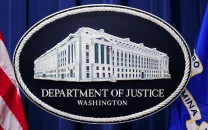

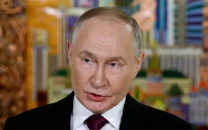
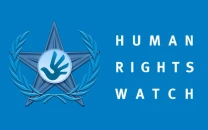
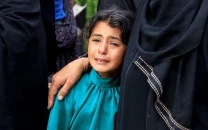
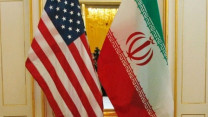












COMMENTS
Comments are moderated and generally will be posted if they are on-topic and not abusive.
For more information, please see our Comments FAQ